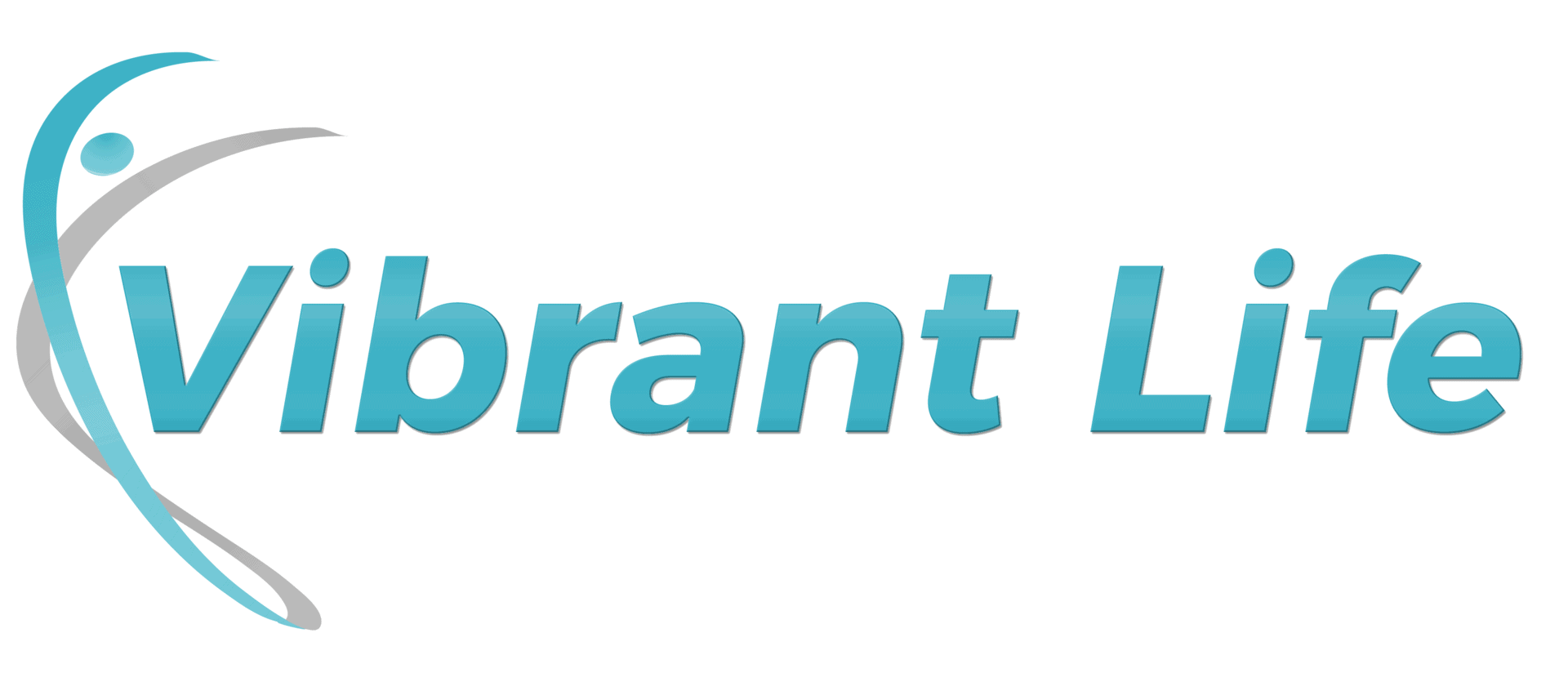Hormones play a large role in our reproductive health and physical well-being. Women produce estrogen, testosterone, and progesterone in large quantities from the time of puberty until menopause.
Estrogen helps with:
- Concentration
- Memory
- Mood
- Vaginal lubrication
- Skin texture
- Joint and eye lubrication
- Prevent hot flashes, night sweats, anxiety, irritability, and more.
Testosterone helps with:
- Strength
- Endurance
- Muscle mass
- Mental clarity
- Sexual desire
- Bone mass
Progesterone helps with
- Mood
- Sleep
- Calming
Maintaining healthy levels of these hormone combinations helps to reduce risks for breast cancer, heart attack, colon cancer, Alzheimer’s, and osteoporosis.
Men also produce large quantities of hormones which impact physical and sexual health. Men produce testosterone from the time of puberty until andropause. Testosterone concentrations in men are associated with the development of characteristics such as muscle mass, strength, endurance, heart health, bone mass, mental clarity and sexual desire. Low levels of testosterone are associated with:
- Hair loss
- Low sex drive
- Erectile dysfunction (LINK TO ERECTILE DYSFUNCTION blog)
- Infertility
- Osteoporosis
- Low muscle mass
- Mood swings and irritability
- Fatigue
- Difficulty concentrating
- Hot flashes
There are several FDA-approved medications that provide testosterone support for men, including injections, nasal spray, subdermal pellets, and gels in particular.
The impact of declining hormone levels
As women enter menopause or become perimenopausal (that time when hormone levels decline, but women are still experiencing menstrual cycles), there is a distinct decline in production of estrogen, testosterone and progesterone. This decline is often associated with various symptoms, such as hot flashes and mood swings.
Multiple groups of physicians have determined that women who use proper hormone therapy reduce their risk of developing breast cancer, heart attack, colon cancer, Alzheimer’s and osteoporosis. In fact, women who use proper hormone replacement therapy may reduce their risk of death from preventable disease as much as 50% compared to women who take nothing.
Men have declining testosterone levels at a rate of 50% at age 50, 60% at age 60, 70% at age 70 and so forth. Associated with the decline in hormones is a higher risk for heart attack, diabetes, osteoporosis and more. In the past, there was concern that testosterone replacement therapy was associated with an increased risk of prostate cancer, but this appears NOT to be the case. In fact, many men can safely take testosterone supplementation even with a personal history of prostate cancer.
For women, there are a variety of FDA-approved methods to provide hormone replacement therapy. These include pills, patches, sprays, gels, vaginal estrogen products, and injections.
Any one of the above hormone replacement therapies or a combination may work for an individual woman; however, oral estrogen should be avoided because it gets modified by the gastrointestinal tract prior to arriving at target tissues and can increase risks for blood clots and stroke. Studies have shown that non-oral estrogen products do not increase that risk as they do not pass through the gastrointestinal tract. Women with an intact uterus will also need to take a progesterone medication in order to prevent unwanted stimulation of the uterine lining that can occur with estrogen therapy.
Individualized hormone replacement therapy for each patient
Men and women may experience different levels of hormone decline. For this reason, there is no one-size-fits-all hormone replacement regimen. Regardless of the type of hormone replacement therapy a man or woman may take, the regimen should only produce physical traits and blood levels that are consistent with what their body would normally produce during peak reproductive years.
The drawback of traditional hormone replacement therapies is related to the length of effectiveness. Unfortunately, not all men and women can absorb enough hormone product through the skin, or have it act long enough to achieve appropriate replacement levels for optimal health and symptom relief. Many men and women report frustration at having to apply a cream or gel several times a day or administering hormone injections in order to obtain the necessary blood levels.
The most effective means for hormone replacement is bio-identical or bio-equivalent methods. These subdermal hormone therapies using estrogen and testosterone are available for men and women. Subdermal, fused, crystalline hormone therapy was developed in 1938 and has enjoyed great popularity in the United States, Europe, and Australia.
Advantages of subdermal hormone replacement therapy include:
- Longer lasting effects
- More effective blood levels
- More accurate blood testing surveillance
For instance, a topical cream or gel (estrogen or testosterone) achieves its peak effect fairly quickly. Within only a couple hours, over half of the hormone is gone from circulation. By contrast, an oral estrogen like estradiol has a half-life of about 12 hours (but as mentioned previously, oral estrogen is not a recommended mode of delivery due to potential serious side effects). Injected estrogen in the form of estradiol valerate has a half-life of 4-5 days. By contrast, the life span of the subdermal hormone therapy we use in our clinic (SottoPelle) is 3-6 months!
Most of our female patients in need of hormone replacement receive both estrogen (in the form of estradiol) and testosterone (about 1/10th the dose that a man would typically receive), in physiologic concentrations. We monitor blood levels and symptoms closely. Men receive testosterone only and in much greater concentrations than women.
SottoPelle therapy uses FDA-approved medications, even though the methodology has received only partial FDA approval. (Testosterone is FDA approved for therapy, the particular method (SottoPelle), lacks FDA approval in that it has not undergone the very expensive randomized placebo controlled studies, since no big pharmaceutical company is promoting it- it is generic medication and not something that can be exploited for large profit by those companies) Testopel – similar to those used by SottoPelle- fused crystalline testosterone pellets- have received FDA approval, but the methodology leaves many men subtherapeutic with regard to their blood levels and symptoms.
There is a lot of misinformation regarding hormone therapy in general and subdermal pellet therapy in particular. The FDA still issues black box warnings on estrogen products that have been shown to be safe in large studies and even help reduce risks of breast cancer, heart attack, colorectal cancer, osteoporosis and even Alzheimer’s disease. The International Menopause Society, the North American Menopause Society, the American College of Obstetricians and Gynecologists, and many other important medical groups actually say that menopausal women SHOULD take hormone replacement unless there is a specific contraindication. Additionally, these groups report that women who do can decrease their risk of death from preventable disease as much as 50% compared to women who take nothing.
Our male SottoPelle patients (subdermal testosterone therapy) report improved energy, strength, endurance, concentration and mental clarity, sexual energy, and even improvement of erectile dysfunction! Many of these men have previously tried gels, creams, and injections with only limited relief.
Our female patients receiving both estradiol and testosterone report improvements in concentration, mood, memory, hot flashes, night sweats, vaginal lubrication, dry eyes, skin texture, strength, endurance, muscle mass, mental clarity and sexual desire (libido)!
Are you experiencing symptoms related to menopause or andropause? We can help! Contact us today to learn more about out hormone replacement therapy options.




